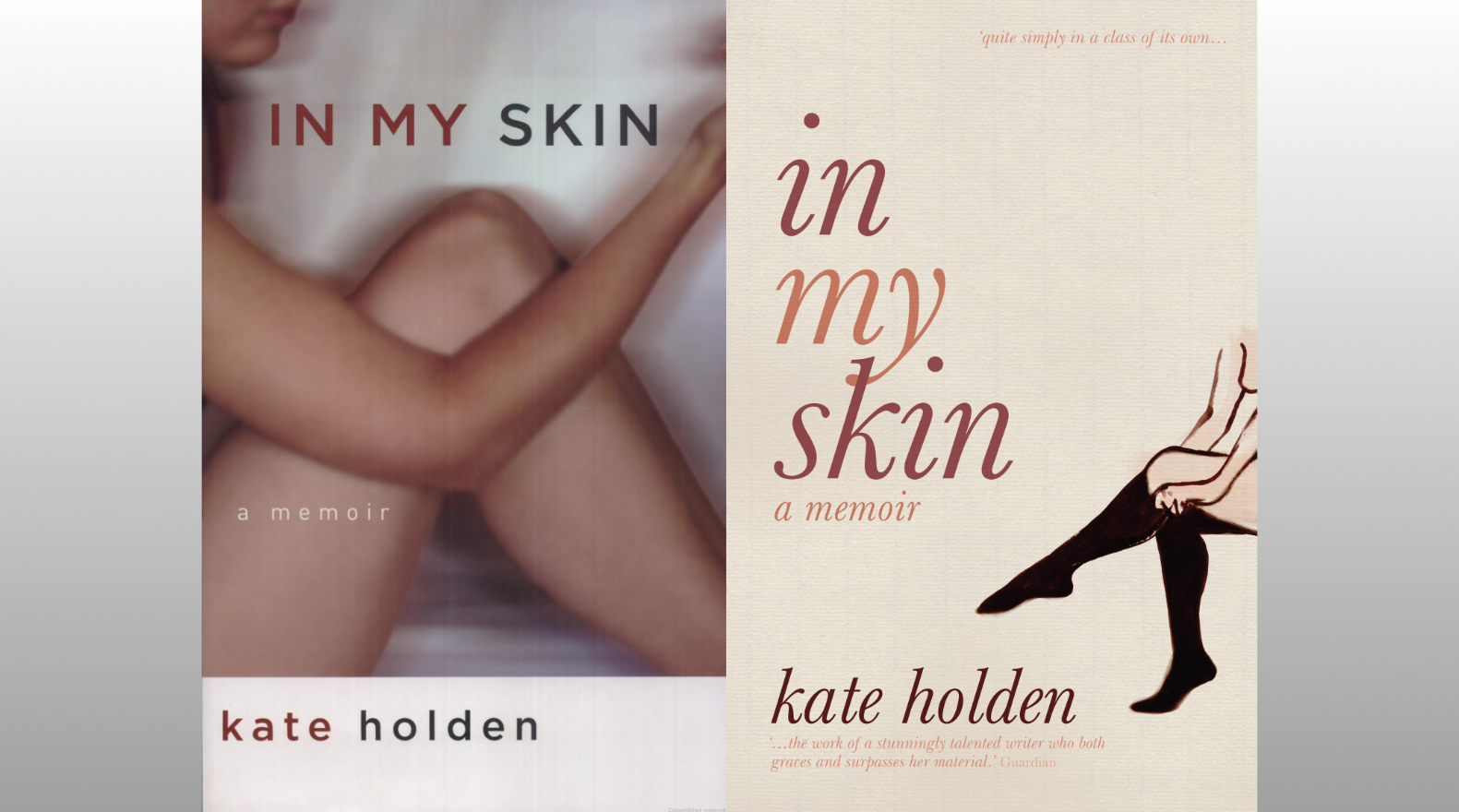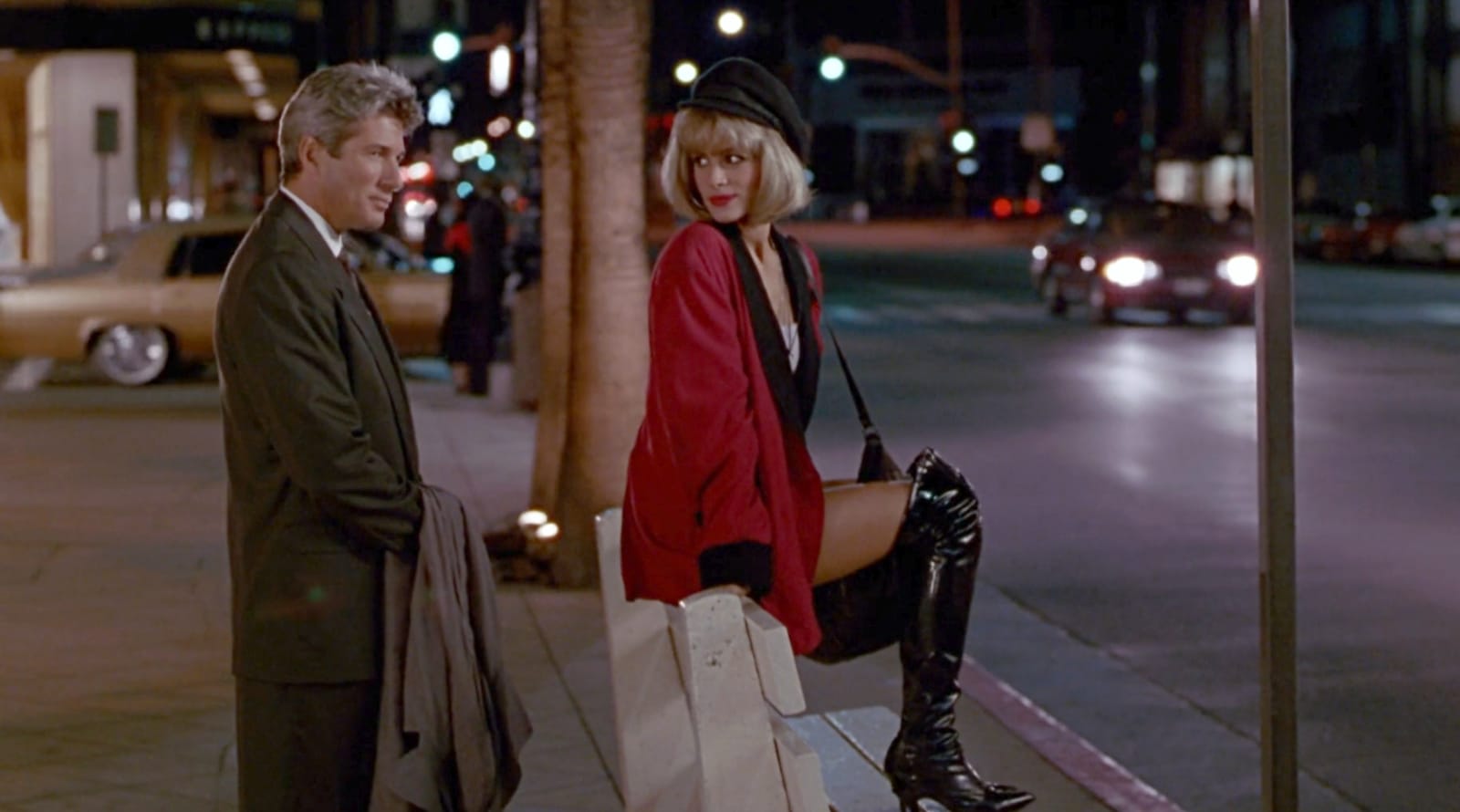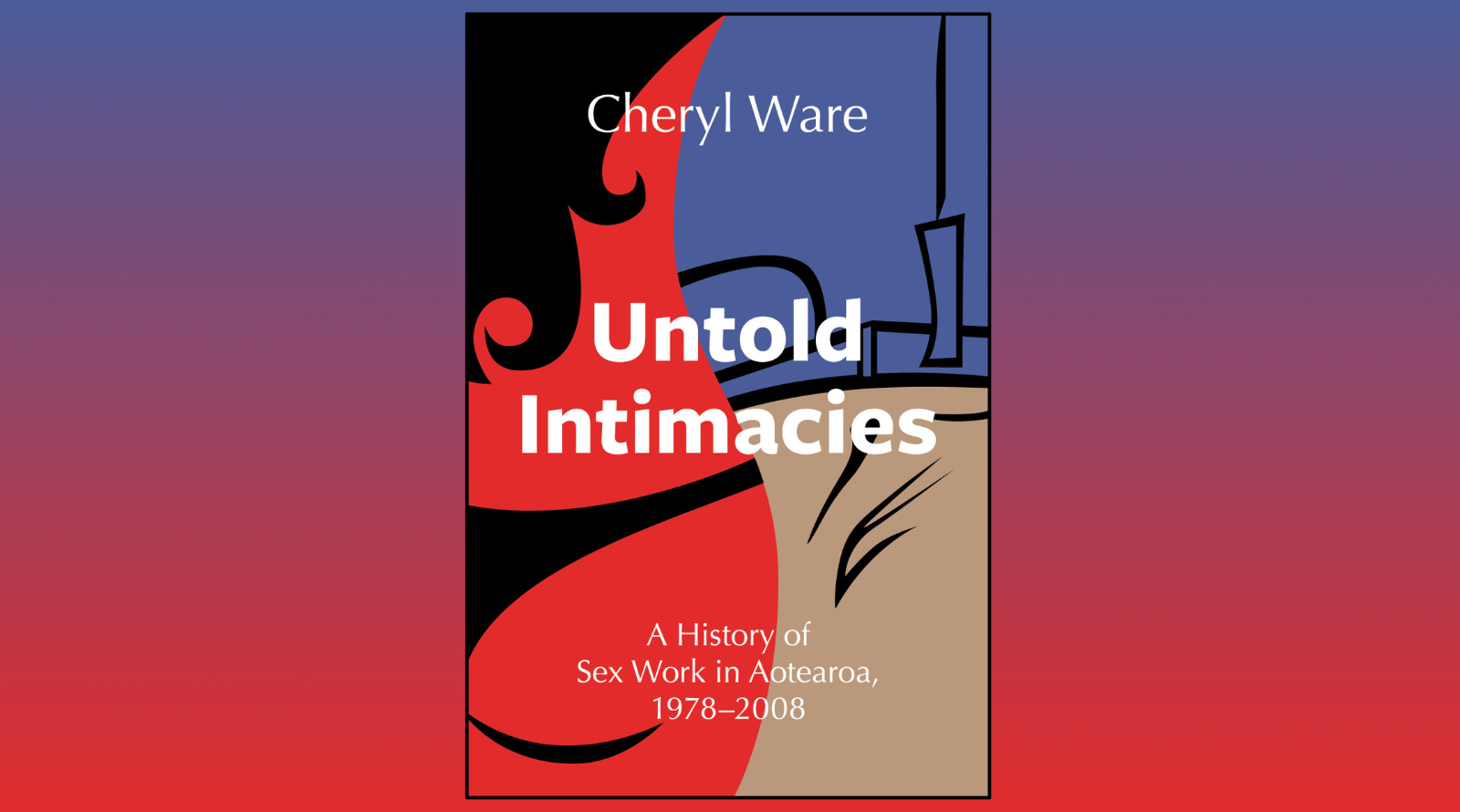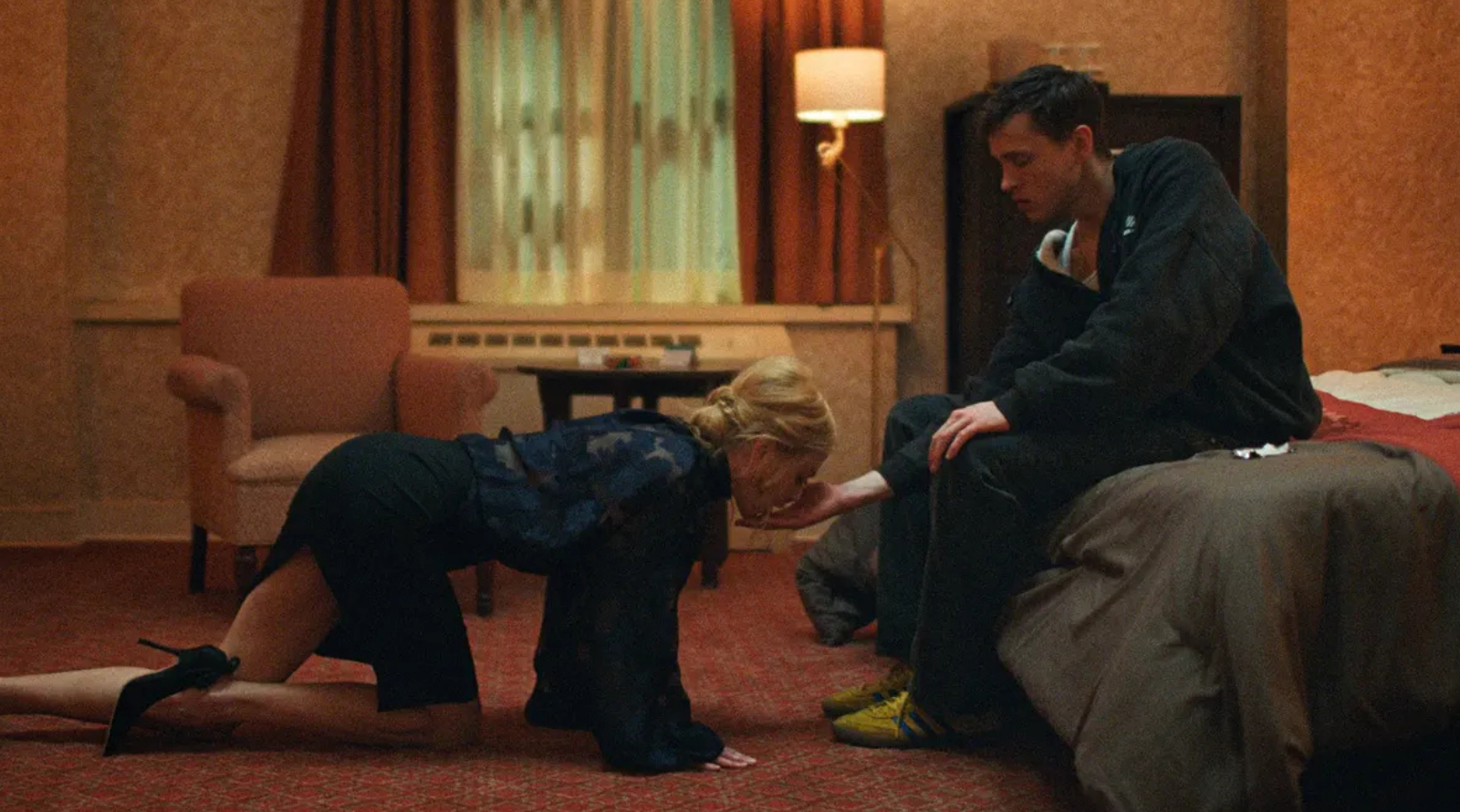Editors note: This piece contains mentions of drug use, and survival sex work.
In My Skin: A Memoir is written by Kate Holden, a novelist, teacher and author. Its sombre and poetic tone detail the transition from her comfortable but awkward adolescence in the suburbs of Melbourne to working on the streets of St Kilda to fund her drug use. Its narrative initially orbits more around her struggles with drug use than sex work itself, sex work simply being necessary to her survival. As time passes, sex work becomes a source of pride and happiness for Kate, which she ultimately leaves behind as she ages.
The poetic and impressionistic first chapter examines the strangeness of both the experience and the stigmatisation of sex work. It counters the idea that casual sex somehow diminishes or damages someone. She says, “Eyes leave no scar; I am not reduced by someone’s gaze.” She describes walking down dark streets alone and the pride she felt about her grit and desirability. In My Skin continues to explore Kate’s complicated feelings about this time of her life in this tone throughout the book, as she both defends and mourns her life and decisions at this time.
As a child, Kate describes how she was sensitive and drawn to reading, a habit she sustains throughout her life. She describes how she “grew up in a house insulated with books. They covered every wall; and as I was timid, they were my gentlest friends.” As a teenager, she was later than many to sex, felt repulsed by her body, and had little interest in boys. When she becomes an adult she begins university and starts work in a bookshop. Years later she falls in love and moves out of her family home at twenty-four.
She describes walking down dark streets alone and the pride she felt about her grit and desirability.
It’s hard to understand, both as a reader and seemingly to Kate herself, the transition from the stability and love of her upbringing to the precarity and misery of her life as a young adult. It truly seems that if she hadn’t tried heroin “not even once”, her life would have been very different, just like the DARE motto. Driven by her desire to be included in the whispered secrets of her boyfriend and friendship group, as well as her curiosity and a desire to be able to dismiss the pull of the drug, she begins using.
Kate’s somewhat juvenile drive towards to self-destruction is very relatable to me. Everyone simply wants to be included, to have that form of love, and what they’ll do to guarantee that is largely driven by their circumstances. Even throughout the darkest parts of her life, she continues to write and to find something like beauty and meaning in the world around her. It’s comforting to see that the instinct to write and create never left her, even as she waits in a café with only a cup of coffee she can barely afford before heading out to work on the streets.
It was really painful for me to read Kate return again and again to heroin. It’s hard for me to truly understand the experience of true, deep addiction, but I’ve certainly seen enough loved ones suffer from it to be sympathetic. Similar to Kate, I’ve used books as a retreat from life from a young age and I can understand how the habit of escaping from the world could transfer to an opiate.
Throughout her twenties, Kate causes her family so much pain and puts more and more distance between herself and her friends. Her family try as many strategies as they can to support her and to help her quit before ultimately deciding they can’t continue enabling her. She stays at rehab a few times, staying sober for a month her first visit but succumbing immediately upon release. “It was as if rehab had changed me, but it hadn’t stuck,” she says.
Everyone simply wants to be included, to have that form of love, and what they’ll do to guarantee that is largely driven by their circumstances.
After five years of using heroin, Kate stops. One evening after deciding she can’t live with her boyfriend Robbie anymore, she goes back to her parents’ house. Robbie climbs through a window and steals all the money and heroin she has. After hearing her yell of distress her mother comes in. She asks if Kate can try getting through just one day, and Kate does, one day at a time.
Free from active addiction, Kate travels overseas and comes back with a distinct feeling of distance between the current moment and her past. She describes her aversion to her life before her travels, “it was as if I had a new skin that would peel if I brushed it against old things.” From this point on, her thirtieth birthday, she no longer does sex work.
The tone of In My Skin feels very firmly rooted in the present, the moment of Kate’s writing, when she is no longer a sex worker and no longer using heroin. She seems to look back with both horror and admiration, almost reverential of the person she used to be, still susceptible to the romance and glamour of the life of a sex worker. The epilogue of the book closes on her looking through her old work gowns. This experience captures the nuance of her feelings about the past, the dresses a symbol of who she used to be. They reek faintly of sweat and are stained with deodorant and she feels ridiculous as she tries them on, but there is one that she still feels beautiful in despite the years that have passed.
Throughout everything she experiences, Kate sees the poetry and beauty of the world, without seeing things through rose tinted glasses. Her words have a beautiful rawness. In My Skin captures the nuances of sex work, particularly of work done out of desperation. Kate’s beautifully poetic prose describes what is horrible equally as well as what is wonderful.
Are you a sex worker with a story, opinion, news, or tips to share? We'd love to hear from you!
We started the tryst.link sex worker blog to help amplify those who aren't handed the mic and bring attention to the issues ya'll care about the most. Got a tale to tell? 👇☂️✨




